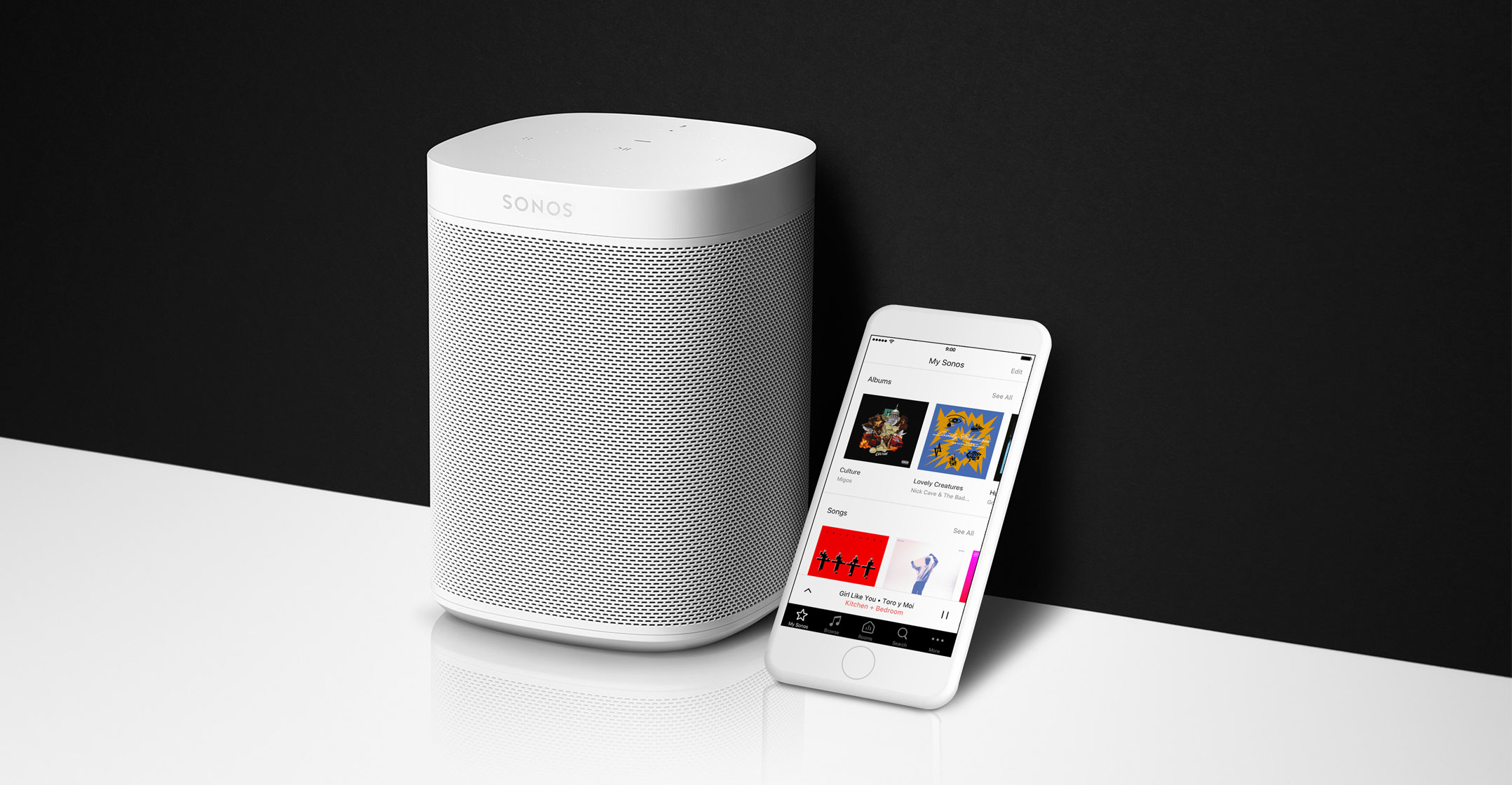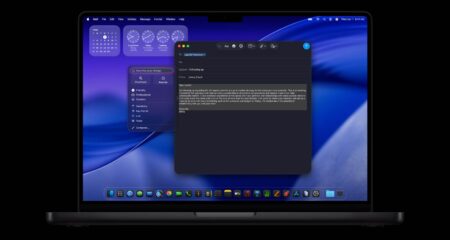
Sonos has filed for a US initial public offering as the wireless speaker pioneer gears up to take on increasing competition from Amazon, Google and Apple.
Along with rich rivals, the company warned that an escalation of the trade war between the US and China could significantly damage its business.
The Santa Barbara, California-based company filed with an offering size of US$100-million, a placeholder amount used to calculate fees that is likely to change. It plans to list on the Nasdaq Global Select Market under the symbol SONO, according to a regulatory filing Friday.
While the wireless speakers market is booming — Sonos says its customers listen to about 70 hours of content a month — competition has increased since the company introduced its first home-audio system in 2005. Sonos, which has traditionally marketed its sleek, high-end speakers to audiophiles who prize sound quality, cited an “extremely competitive and rapidly evolving” market among risk factors in its IPO. The company named Bang & Olufsen, Bose and Samsung Electronics among its main rivals, alongside newer entrants Amazon.com, Apple and Google.
Sonos is targeting a valuation of $2.5-billion to $3-billion in the IPO, people familiar with the matter said in April. The company was founded in 2002 and has been led by Patrick Spence since January 2017.
In recent years, voice-activated speakers from Amazon and others had Sonos scrambling to catch up. The company launched the Sonos One, an Amazon Alexa-controlled smart speaker that competes with the Echo, Google Home and Apple’s HomePod; in June Sonos debuted a new voice-controlled home theatre speaker for living rooms, called the Beam.
In an effort to make its products widely popular, Sonos lets users connect to multiple voice assistants and stream music via other companies’ services. Its products are being integrated in Apple’s new AirPlay 2 wireless music-streaming system and Google’s Assistant. Sonos doesn’t offer its own music or voice-activation services.
Five billion hours
Sonos said as of 31 March, its customers had registered more than 19 million products in about seven million households around the world. In fiscal 2017, people listened to about five billion hours of audio content using Sonos products, about a third more than in the previous year, the filing says.
In preparation for its anticipated IPO, Sonos cut about 6% of its workers to help boost profitability. In fiscal 2017, the company posted a net loss of $14.2-million on revenue of $992.5-million, down from a net loss of $38.2-million on $901.3-million of revenue in the previous financial year, according to the filing.
Sonos’s largest investor is KKR & Co, which owned an almost 26% stake as of 30 June, according to the filing. Its next largest holders are Index Ventures and Sonos co-founder and CEO John MacFarlane, who each own about 13%. The filing doesn’t detail how many shares they plan to sell in the offering. KKR initially invested $100-million in Sonos in 2012. — Reported by Elizabeth Fournier, with assistance from Matthew Monks and Mark Gurman, (c) 2018 Bloomberg LP




